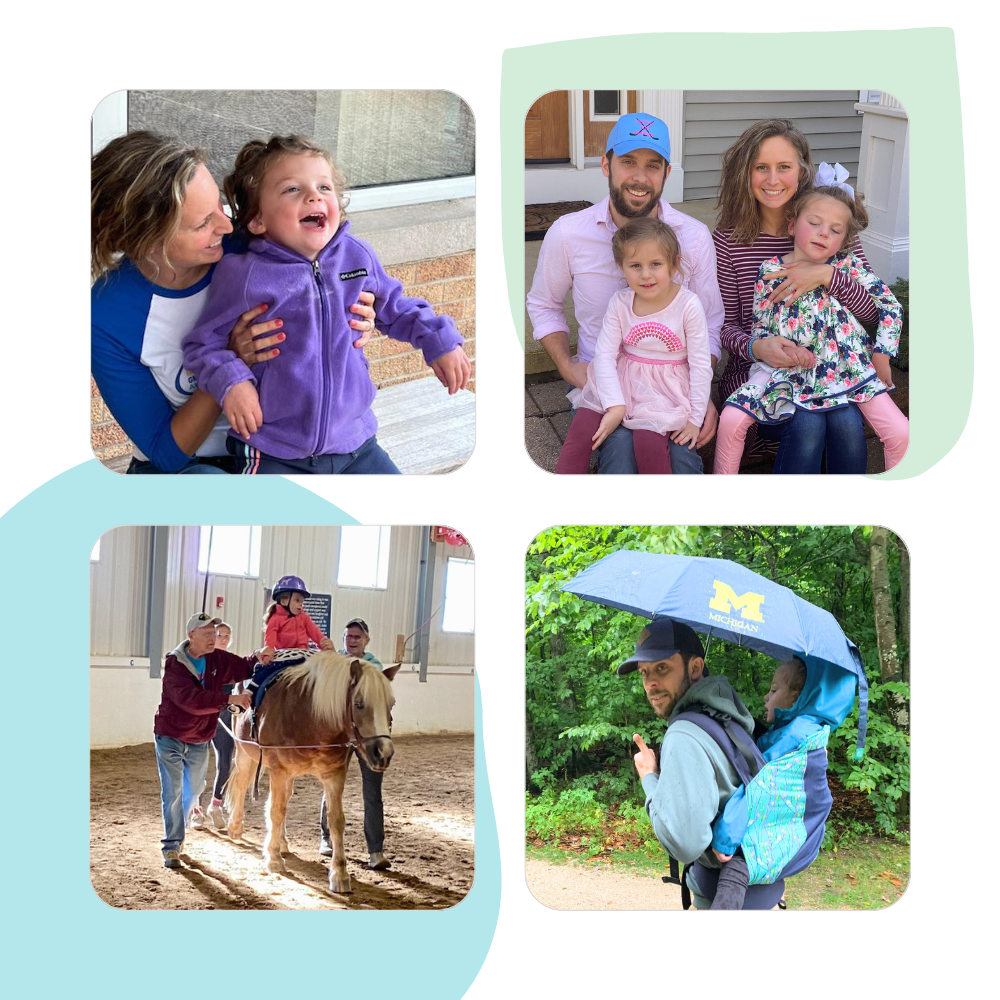How did you feel when your child received a diagnosis of GM1?
Early on we knew something was happening to our daughter, but no one could give us answers. Until December 17, 2019…The call. The call that it steals your breathe, robs your dreams and sends you into the deepest darkest valley. The answer: the brain MRI was abnormal and further genetic testing revealed that our sweet, innocent daughter has a rare genetic brain disease called GM1 gangliosidosis. The answer: our daughter will not live past 10. We were paralyzed and provided minimal information on the raging disease in our daughters body.

How has GM1 gangliosidosis affected your child?
The loss of skills has affected Marley both physically and mentally. Playing with her sister and friends now looked different and exploring her world has become a lot smaller. She is sad, confused and frustrated as to why she cannot do what she used to. She is stuck waiting. Waiting for someone to pick her up. Waiting for help. In the waiting, Marley cannot communicate her needs, wants or dreams. We can only guess. She attempts to communicate, but it is challenging. The reality is; we will never hear our child’s beautiful speak. So we must speak for her.
How has GM1 gangliosidosis affected your entire family?
While other parents are taking their children to soccer practice or dance, we are taking Marley to outpatient therapies, hippotherapy and working tirelessly to keep her strong to fight GM1. We try to live a ‘normal’ life with two young children, one of who has special needs but it can be hard. We may not be able to go places due to accessibility, triggers for seizures or the possibility of exposing Marley to illness. When leaving the house we prepare for the worst and hope for the best.
What is the hardest part of being a caregiver for your loved one who has GM1?

The hardest part of being a parent to a child with GM1 is living in the constant stage of anticipatory grief. Grieving the loss of Marley before it happens. We grieve the loss of her walking, sitting up, and the ability to communicate. There is an anxiousness of not knowing when the last time we will see her do something, like smile or laugh.
What do you wish people understood more about rare diseases and the experience of living with GM1?
We wake up never knowing what the day will bring. The reality is that GM1 is a terrible, unrelenting disease that will try to steal everything from our child. We live in a split mind of Marley’s Medical Parents and Marley’s Parents. Advocating for your children’s health takes grit and strength. Advocating for a rare disease is a lifestyle. People are not aware of rare pediatric disease therefore we have committed our lives to sharing Marley’s story with anyone who will listen.
If we could tell people just one thing about GM1 gangliosidosis, what would it be?
We are hurting but still hoping for a cure to GM1 Gangliosidosis
Why should people support the Cure GM1 Foundation and rare diseases?
Supporting the Cure GM1 Foundation and bring awareness of rare diseases is one step closer to living in a world with where our beautiful children do not have to suffer. Our hope is that this is the last generation with GM1 Gangliosidosis.
Is there anything else you would like to add to your story?
Many people often tell us, “I could not do what you do” or “Your faith is so strong”. We do not always feel strong. We are loving and living our life with Marley the best we can. There is no manual to parenting a child with GM1. It is not always sunshine and smiles. It is sad, deep gut wrenching, overwhelming and buckets of tears. Our hope is that through Marley’s story people will rise up to create a more inclusive world for people with disabilities.

